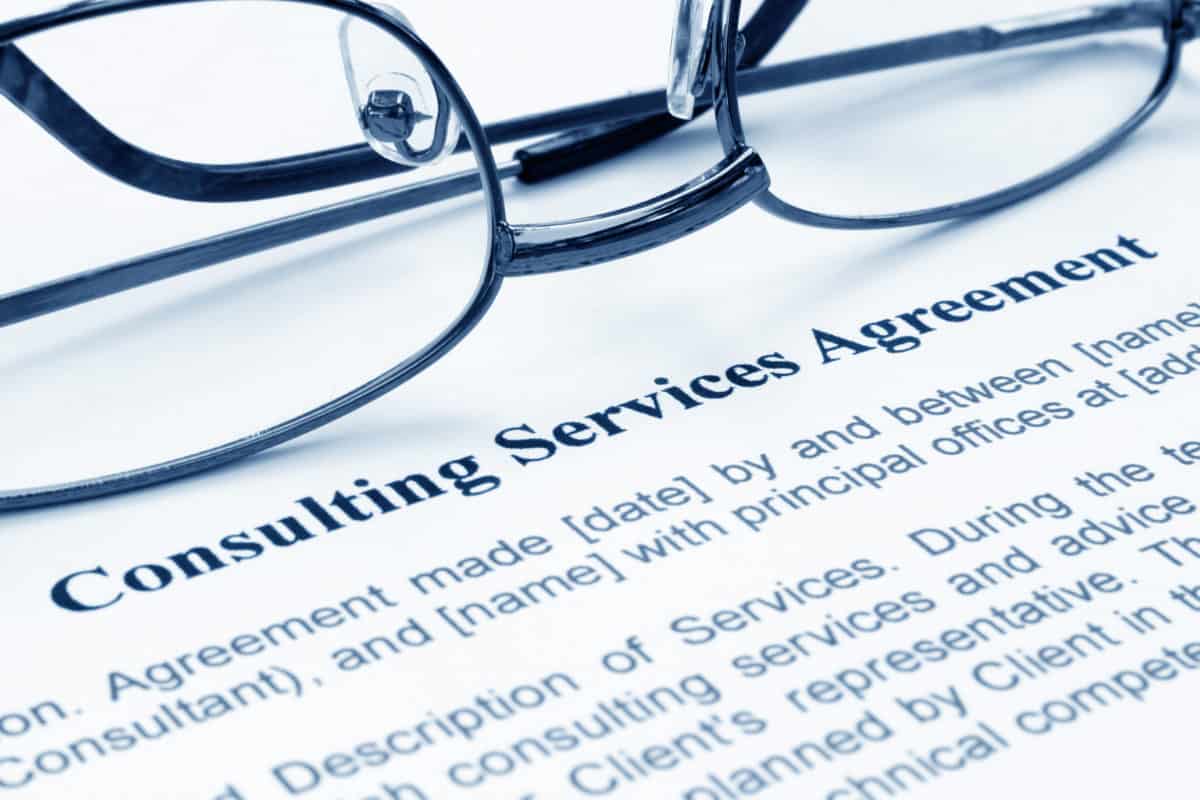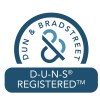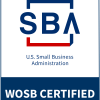Updated February 9th, 2021
How to avoid doing more harm than good, avoid potential disasters, and minimize resistance from organization members!
As we find our way out of a challenging 2020, it is likely that more organizations than ever before will be hiring a Diversity, Equity, and Inclusion (DEI) Consultant this year to help make their workplace and workforce more culturally inclusive. Many organizations are realizing that they know they need to do something to shift their culture, but they don’t know what. If the goal is to create a workspace where every member feels like they belong, then this is where an experienced, effective consultant can help. But how do you discern between the many, many DEI consulting firms? What questions should you ask to make sure you get the best fit for your organization?
After more than 2 decades of consulting experience, I have found my clients aren’t sure what questions to ask, and so often leave it up to me to direct the interview process. You may have better luck if you think about your needs in advance. It helps the consultant help you!
5 things to consider when you’re hiring a DEI consultant:
- Does your organization have a DEI Strategic Plan?
- Are you looking for Compliance or Proactive Education?
- Are trainings Required or Voluntary?
- What is the Culture and Context of your organization?
- What is the Social Identity of the consultant?
Hiring a DEI consultant should be considered part of a comprehensive approach to cultural change in your organization. Some organizations have already defined their vision, mission, and goals to make their workplace more culturally inclusive, and hiring a consultant is part of that plan. This is crucial so that you have a clear path towards shifting culture in your organization. If you don’t have a plan, be sure that the consultant has the expertise and experience to assist with this endeavor. And if you need that kind of help, be sure the consultant does a cultural climate audit so they have a clear picture of your organization and what you are already doing successfully, and what may be missing. Also, it is important to have a DEI committee ideally made up of a cross-section of your workforce and departments. Depending on the size of your organization, it could be anywhere from 3-12 people.
Depending on the importance your organization has placed on DEI issues will
lead to either a compliance approach or a proactive approach to DEI
education. If your organization is not aware of the significance that DEI
plays on your company’s output or mission, or if the organization has
downplayed, ignored, or failed to prioritize DEI issues, you might be coming
from a compliance perspective. (Compliance is the idea that DEI training is
needed only to avoid a lawsuit, or only to secure funding from donors, the
government, or other sources that require it). Taking a proactive stance, on
the other hand means you/your organization understands the consequences of
ignoring DEI issues, and the benefits of engaging in them, and you want to
be on the leading edge of DEI excellence.
Compliance
usually means you’re looking for a consultant to come in and facilitate a
one-hour training and check a box and you’re done. Proactive education means
you are creating a DEI strategic plan, understand that DEI work is a journey
not a destination, and you want to create a sequenced series of trainings
for everyone.
Studies show that mandatory DEI trainings or workshops can cause backlash in your organization, causing more harm than good. With mandatory training, some participants will think they already know this stuff, don’t think they need it, and that it’s a waste of time. And as it turns out, this mindset tends to lead to a self-fulfilling prophecy. Or worse, those who thought it was a waste of time tend to take it out on co-workers from traditionally marginalized identities, blaming them for the need to have the training in the first place! Be sure that the DEI consultant you hire insists that trainings be voluntary. I recommend that the leadership of the organization strongly encourages employees to attend, and of course, attends themselves not only to model the intended behavior, but also to show the organization’s (and their) commitment to DEI issues.
An effective DEI consultant should ask about your organization’s level of
understanding of DEI topics (beginner, intermediate, advanced), DEI cultural
practices, cultural context, any specific DEI issues or problems your
organization is dealing with, any needs or accommodations needed for
organization members with disabilities, and about any prior DEI education
offered in your organization. The goal of the consultant should be to meet
you and your organization where you are, tailoring content and especially
language to the specific needs of your organization as opposed to providing
a canned presentation they use for all their clients. If a consultant does
not ask these questions, they may be met with confused participants at best,
and at worst, participants may exhibit resistance to concepts or language
they are not prepared to discuss. Resistance tends to lead to frustration
with the consultant, and subsequently, with the organization.
It
is also important that the consultant offers content that not only builds
awareness, but also is solution-oriented with specific skill-building
strategies. Awareness without strategies does not lead to the cultural shift
you are aiming for. DEI content must include action steps. And of course,
the content and consultant should be inclusive, engaging, and interactive!
This question can be challenging to consider and discuss but once again, it could make the difference in terms of actually shifting culture. Consider the social identities of the majority of your stakeholders (leadership, employees, board of directors, managers, etc.). Consider from whom they might best hear/receive DEI messages. In my experience, getting this wrong can render even the best-intentioned trainings, ineffective. If your workforce is primarily white and male, for example, will they receive the message of diversity, equity, and inclusion best from a BIPOC (Black, Indigenous, or other Person of Color) consultant? Will they be more receptive to another white male’s instruction? Or a white female? At the end of the day, we all want our efforts to be successful. It is important to have this conversation with your DEI team or whomever will be making the hiring decision.
It is crucial to hire a consultant who can help navigate the volatile conversations around race and other social identities that are likely affecting the productivity of your organization. If your DEI consultant asks all five of these questions, it doesn’t guarantee they will be effective, but if they don’t, you are pretty much guaranteed to run into some very real problems. I hope these questions provide some information that will help you to find the best DEI consultant for your organization!
In my decades of experience, I have learned to ask these and more questions of my clients. My client list includes more than 150 organizations, Fortune 50 corporations, and campuses across the U.S. and beyond. I am humbled to say that is one of the many reasons they continue to ask me back to assist them on their journey to build cultural inclusion.
I would be honored to speak with you about your journey and how I can be of service to you and your organization. To book a convenient time to discuss your organization’s path towards inclusive excellence with me, please click here.
Dena Samuels, PhD
Author of: “The Culturally Inclusive Educator: Preparing for a Multicultural World”(Teachers College Press, 2014).
Dena Samuels Consulting


